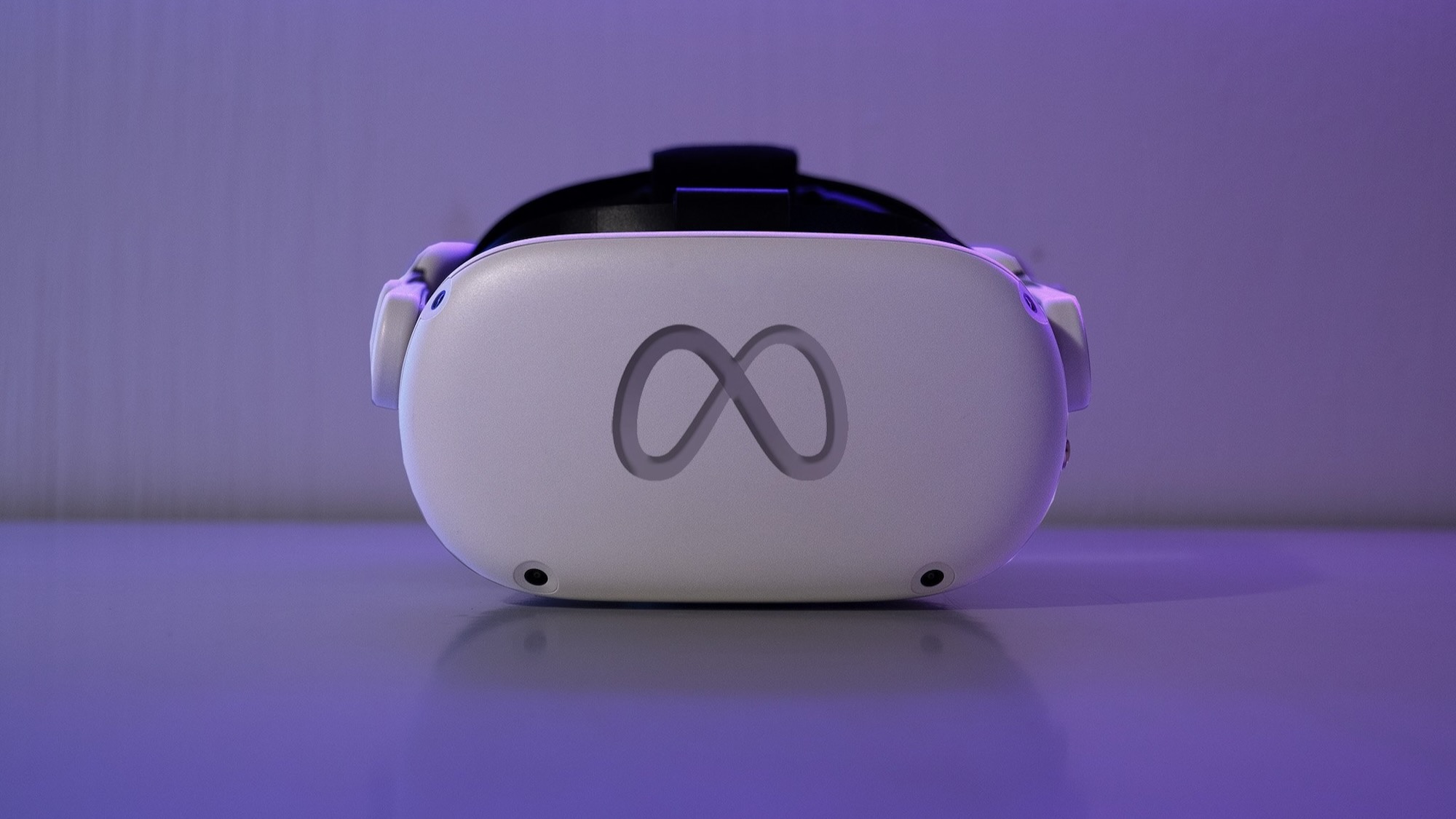Meta reportedly readying $799+ Quest Pro and three other VR headsets by 2024
Project Cambria will be a "Chromebook for the face" with a high price tag to match. But other, cheaper headsets will arrive soon.

What you need to know
- Meta's "internal road map" of VR hardware shows it plans to release four headsets by 2024, codenamed Cambria, Funston, Stinson, and Cardiff.
- Project Cambria is rumored to cost $800, though a Meta spokesperson said it would cost "significantly higher."
- Cambria will run on Android hardware but will be marketed as a work device.
- Cambria's follow-up, Funston, will arrive in 2024. And two cheaper Quest devices will ship in 2023 and 2024.
Meta has plans to release four virtual reality headsets by 2024, two lower-end Quest models and two pro headsets designed to be a "laptop for the face," according to a source for The Information (subscription required).
Meta may very well push these dates back, but it's clear the company wants to flood the market with Quest devices before competing products arrive.
Meta has publicly announced one VR headset arriving this year: Project Cambria, aka the Quest Pro. According to an "aggressive" leaked roadmap, Cambria will arrive by September 2022, followed by Stinson (likely the Quest 3) in 2023.
The second Quest-branded headset, Cardiff, is scheduled for 2024, though a Meta spokesperson told The Information that "it is common for target ship dates to change during the course of development." And Cambria's high-end follow-up, Funston, is also scheduled for 2024.
The report gave very little information about what to expect from other upcoming devices besides Cambria. We know from a previous Quest 3 leak that Meta could announce Stinson at Connect 2023 (around October) and that it could have uOLED lenses.
Another recent leak revealed Meta plans to release its first two pairs of AR glasses by 2024, codenamed Nazare and Hypernova. Evidently, Meta has very ambitious plans for its hardware releases in the next two years.
We know that the Pico Neo 3 and future Pico devices will challenge upcoming Quest devices like Stinson. And we expect Apple's VR/AR device, a direct competitor to Cambria and Cardiff, to have arrived within the next two years. So while Meta's timetable seems aggressive, it makes sense that it would try to strengthen its market position for both high-end and low-end VR.
Be an expert in 5 minutes
Get the latest news from Android Central, your trusted companion in the world of Android
We reached out to Meta for comment; a spokesperson told us, "We don’t comment on unannounced products or future roadmap plans, so don’t have anything more to share there."
Cambria: An expensive work device
Two sources told The Information that Cambria would cost $799, but Meta responded that "the price would be significantly higher."
YouTuber Bradley Lynch previously reported that his Cambria leaker said the "bill of materials for this device is around $800," but that Meta might subsidize the cost somehow. It's possible that some people will be able to pay $800 or less, while the official list price is much higher.
Even at a subsidized price, this Quest Pro headset will certainly cost more than most consumers are willing to pay. We know from previous leaks it'll have 2160x2160 resolution per eye, a design similar to the Elite Strap with Battery, eye tracking, and full-color passthrough for mixed-reality experiences, along with other premium upgrades.
According to an Information source, Reality Labs employees describe Cambria as a laptop or Chromebook for your face. The latter description is apparently in reference to the fact that it has low processing power and can't run typical productivity software because it runs on Android OS.
Meta originally planned to create its own custom silicon and XROS platform but reportedly scrapped the project last year and disbanded the engineering team. So its work devices will have to continue to rely on Android and Qualcomm.
High-end Chromebooks do cost upwards of $800, and you'll find other Android OS "work" devices like the Galaxy Tab S8 Ultra that rely on Android apps for productivity. But it still remains to be seen whether Cambria's upgrades will make the device tempting enough that it successfully competes with tablets and Chromebooks.

Michael is Android Central's resident expert on wearables and fitness. Before joining Android Central, he freelanced for years at Techradar, Wareable, Windows Central, and Digital Trends. Channeling his love of running, he established himself as an expert on fitness watches, testing and reviewing models from Garmin, Fitbit, Samsung, Apple, COROS, Polar, Amazfit, Suunto, and more.
